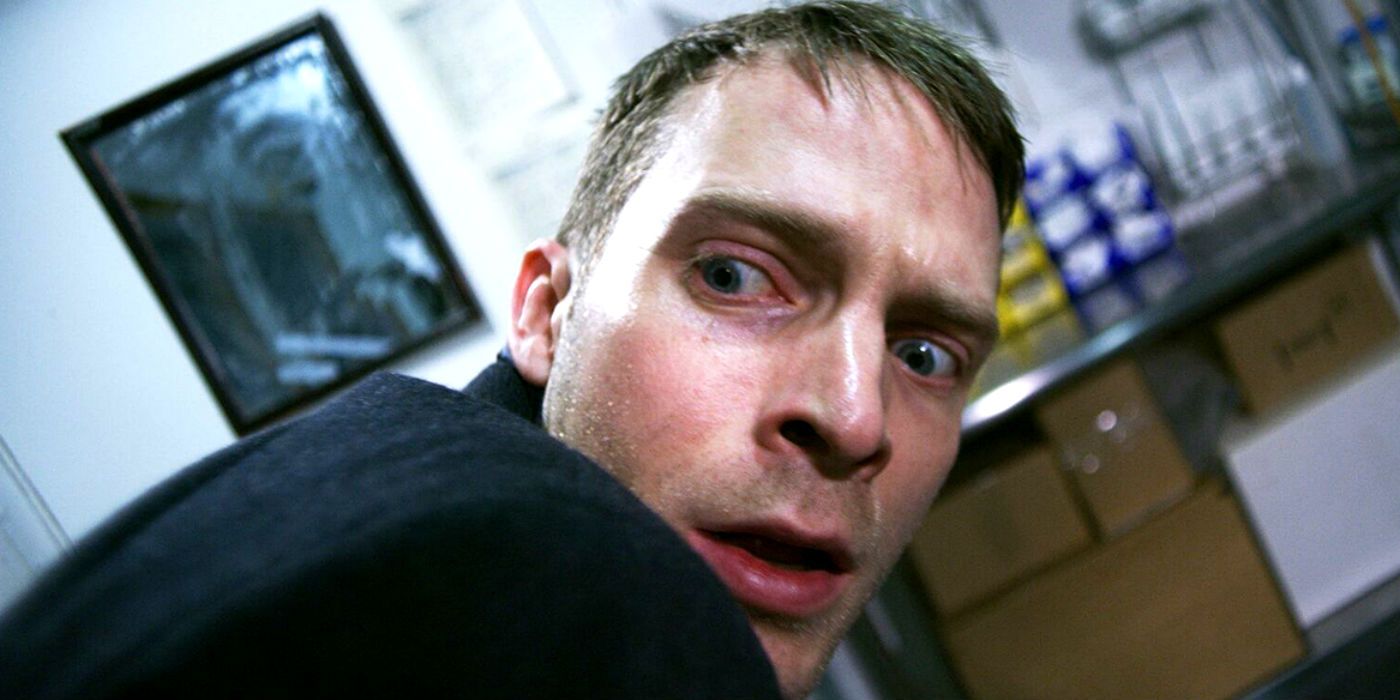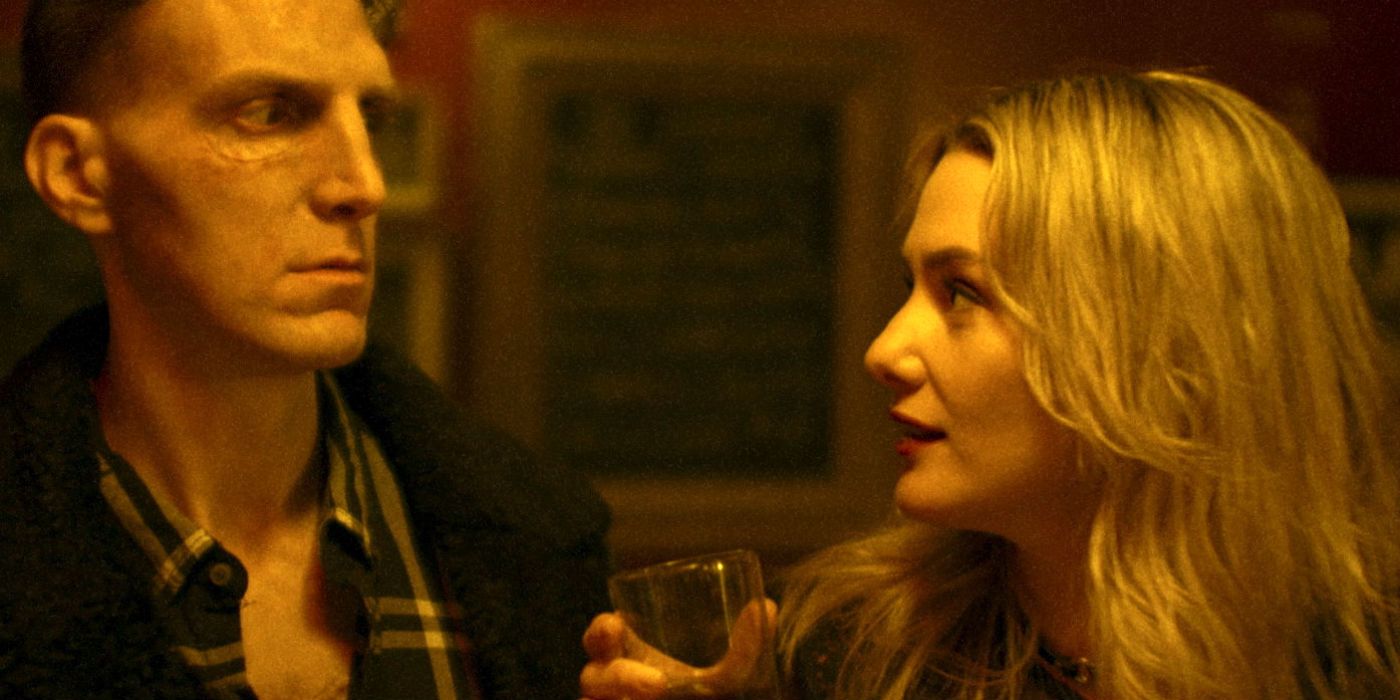Warning! SPOILERS for Depraved ahead
Depraved weaves a hauntingly beautiful version of Mary Shelley's classic Frankenstein tale from director Larry Fessenden that explores PTSD, the American military, capitalist greed, and the importance of companionship in an unforgiving world.
Starring David Call as Henry, a military doctor who came back from war with PTSD and an unrelenting desire to figure out how to help his fallen brothers and sisters, the differences between Depraved and Shelley's tale are enough to present the film as a refreshing take, but the core of the story retains its potent message regarding scientific ethics, responsibility for one's actions, and the brutality of the world we live in when someone doesn't belong. Alex Breaux plays Adam, the creature that Henry created from body parts collected by his long-time friend and business partner, Polidori (Joshua Leonard), via murder. While Henry is benevolent and paternal to Adam, with his intentions being based in science and healing, Polidori is more focused on getting his experimental pharmaceutical drug, Rap-X, into human trials so he can profit.
The majority of reviews for Depraved were positive, with critics and fans praising Fessenden's tale for adding a timely feel to modern horror. The story of Frankenstein has been redone so many times, but in a political climate filled with pharmaceutical companies padding their pockets and a constant fear of the "other" within society, this adaptation fits within the current conversation. Depraved told a linear story, but the ending certainly gave audiences something to talk about.
Depraved Explores PTSD And What Being Human Means
Like in classic Frankenstein tales, the underlying message becomes clear in Depraved when Polidori and Henry start to argue about Adam's best interests once he becomes capable of speaking, thinking, and acting for himself. To Polidori, Adam is an investment and something to be toted around as testament to his incredible achievement. In contrast, Henry seems to possess a healthy concern and fear for his creation and occasionally displays regret. Adam's continual memories from the brain that was harvested for him also is a commentary on PTSD where, when the brain is traumatized, the person who sustains injury is still whole underneath the surface, despite how lost they may seem to others around them.
Adam's existence is a lonely one, where he is constantly treated like a child despite inhabiting the body of a man. He is treated like a trophy and unruly child in equal measure by Henry and Polidori. Like in Frankenstein tales of old, Adam struggles to come to terms with his own self, his own purpose in the world, and whether or not he belongs in a society that is based on deception. As he starts to realize how he has been deceived by his creators, he starts to exhibit more violent tendencies and starts to become defiant, venturing out into the world with disastrous results. Adam's accidental murder of a woman he meets in a bar goes to prove that he isn't fully capable of processing emotion and cannot adequately communicate his feelings; there's still a barrier in his development where he cannot relate to the rest of society because he is, quite literally, wired differently than everyone else.
PTSD is shared by both Adam and Henry, though it manifests in two distinct ways. Henry's is more traditional, an obsession with righting the wrongs he saw in war when lives were cut short and he, as a doctor, couldn't save his fellow soldiers. Adam's is more existential, showcased through continual memories where he is haunted by the memories of the person who part of him - his brain - was before.
The final sequence of Depraved is narrated by Adam, who explains how he has to live his life on the run, since he's being hunted by police after he kills Polidori and was framed for other murders he didn't commit. He speaks of loneliness, how he doesn't have anyone, and how he must figure out the intricacies of the world without a father's guidance.


